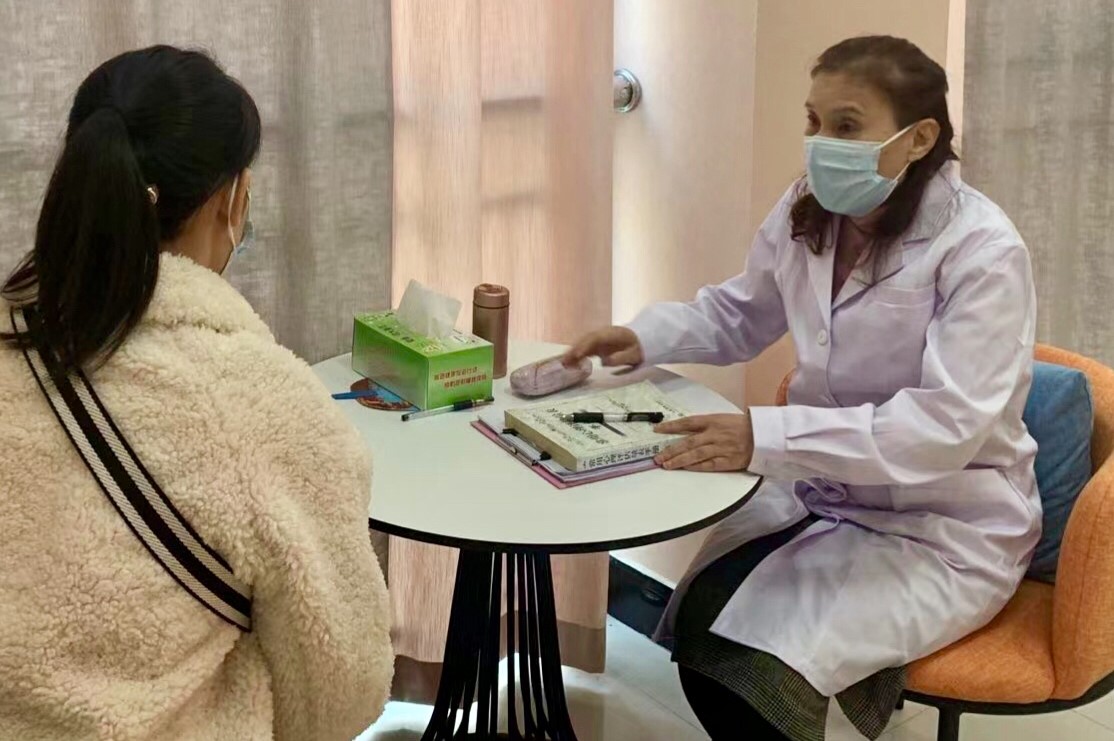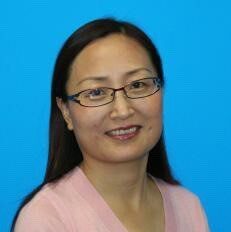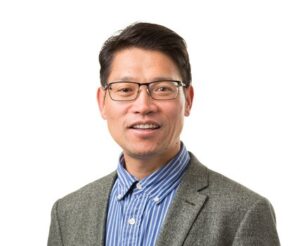Frontline Stories
A Retired Doctor and Psychologist Comes Out of Retirement to Heal the Healers
14 Aug 2022
On the eve of Chinese New Year, Dr. Lianzhi Zhang, 65, had retired from being a public health doctor by January 2020, and was living in Hefei City, Anhui Province, where her son, his wife, and their 5-year-old son also live. When the country was placed on high alert because of COVID-19 in Wuhan, Dr. Zhang came out of retirement to work at the Shengli Township Community Health Service Center, Litong District, Wuzhong, Ningxia Autonomous Region. COVID-19 finally arrived in Wuzhong in the second half of 2021.
A doctor and a psychologist, she provided health education and counselling to people quarantined after coming into close contact with confirmed COVID-19 cases. She usually spent half the month in Wuzhong and half in Anhui.
Some of the quarantined became aggressive with the hotel staff, health professionals, or police officers. Professionals with psychological counselling skills were then called in to help.
Dr. Zhang worked with two other doctors and three nurses, providing mental health and psychology services to people trying to cope with isolation. She conducted training workshops on psychological counselling for young doctors at the community health center, which was also the local vaccination center, and education on healthy lifestyles and disease prevention.
Wuzhong is famous for its cuisine, and tourists flock to it. Some from Zhejiang and Inner Mongolia, where COVID-19 had broken out in the second half of 2021, visited Wuzhong and soon after tested positive. Wuzhong was locked down for more than 20 days in September and October, and many close contacts of the positive cases quarantined in hotels.
Some of the quarantined were unhappy and became aggressive with the hotel staff, health professionals, or police officers. Professionals with psychological counselling skills were called in to help. Dr. Zhang and her colleagues comforted the distressed mostly by telephone and WeChat, counselling three or more a day on top of their other duties.
The lockdown was also hard on lonely older people with noncommunicable diseases. One middle-aged man was diagnosed with mild depression. He had shouldered almost all the shopping and other everyday tasks for his family, trying to protect them from infection. He was afraid of dying. He was referred to Dr. Zhang. She praised his sense of responsibility and encouraged him to socialize and go back to work as a cab driver. He gradually improved.
Dr. Zhang prefers participatory training. “Four ears” active listening, for example, has four steps: (1) I am listening to what you are saying. (2) I understand what you are saying. (3) I very much like what you’ve said. (4) What you’ve said—your decision—makes sense to me and I fully support you. “Such approaches,” she said, “can help calm down someone who’s angry about sudden enforced isolation and who, for example, just wants to get back to their vineyard before the cold weather sets in.” Dr. Zhang and her colleagues also taught people how to wear a face mask, wash their hands correctly, and use rubbing alcohol, and recommended daily exercise and diet.
Female frontliners face more challenges than their male colleagues. Even if they’re pregnant, women work long hours, especially during COVID-19 outbreaks, when no one can take time off. Sometimes they have to leave their young children behind.
Dr. Zhang said female frontliners face more challenges than their male colleagues. Even if they’re pregnant, women work long hours, especially during COVID-19 outbreaks, when no one can take time off. Sometimes they have to leave their young children behind. Dr. Zhang said a nurse and her husband, also a health professional, had to join the frontline teams. Their daughter was only 3 and they sent her to her aunt’s house. She saw her mother only on a phone screen. When they reunited, she was so afraid of losing her mother again she refused to go to school. Another young mother—a frontliner from Shanghai—posted on WeChat the sorrowful face of her young daughter who had not seen her for more than 5 days. But both men and women, said Dr. Zhang, usually work long hours, even on weekends. And when they are called upon to battle the pandemic, they get on with it and do their jobs.
When COVID-19 first emerged, as an older and more seasoned professional, Dr. Zhang didn’t worry much. “I thought that as long as we protected ourselves and followed the rules,” she said, “we would be fine.” Later, news of the virus in other parts of the country made clear it was not easy to prevent and control. “I was a bit scared,” she admitted.
“Although the situation wasn’t serious in Wuzhong in 2020,” she recalled, “we’d have outbreaks where we worked. I started feeling the pressure although I never lost any sleep over it. No one in our center has caught COVID-19. I was a bit anxious I’d be infected or infect my family. We didn’t have a wonder drug.” She made sure to take care of herself. “I relax and practice self-hypnosis,” she said. “I wash my hands regularly, wear a face mask when I go out, avoid social gatherings. I’m sometimes afraid for my son, who works outside the home.”
What is she most apprehensive about? It’s not what’s happening in Wuzhong. “It’s the COVID-19 situation in other countries,” she said. “The virus is constantly mutating and we can’t completely secure our borders.”
Authors

Xuefeng Zhong
Interviewer and Public Health Specialist (Consultant)

Lin Li
Translator and Researcher (Consultant)


